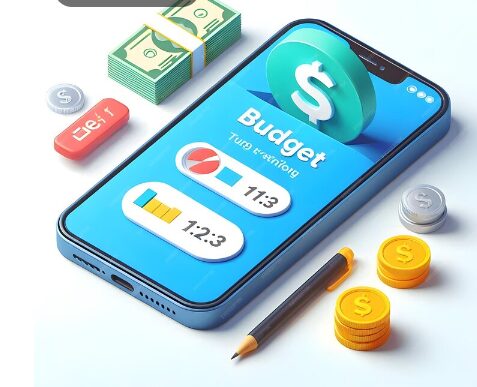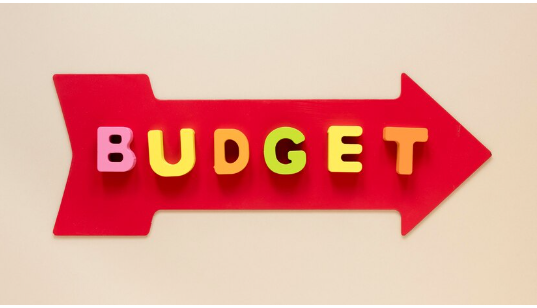Budgeting Basics: A Comprehensive Guide to Managing Your Finances
Feeling overwhelmed by financial responsibilities? Living paycheck to paycheck is a common struggle, but the good news is that regaining control over your finances can be straightforward. Enter budgeting – a practical roadmap to financial freedom. Even if you’re a beginner, fret not, as this comprehensive guide is here to assist you!
Step 1: Grasp Your Income and Expenditures
Start by understanding where your money comes from and where it goes. Review your bank statements, pay stubs, and receipts from the past few months. Categorize your income (salary, side hustles, etc.) and expenses (rent, groceries, entertainment). This initial assessment provides a realistic view of your financial situation.
Step 2: Select Your Budgeting Approach
There’s no universal budgeting method. Explore various options and find what suits you best:
- 50/30/20 Rule: Allocate 50% for needs (housing, food), 30% for wants (entertainment, dining out), and 20% for savings/debt repayment.
- Zero-Based Budgeting: Give every dollar a purpose before the month begins.
- Envelope System: Divide cash into labeled envelopes for specific categories, spending only what’s available.
Step 3: Establish SMART Goals
Avoid vague goals like “save more.” Be specific, measurable, achievable, relevant, and time-bound (SMART). Aim to save $500 for a vacation in 6 months or pay off a credit card debt by next year.
Step 4: Monitor Your Progress
Keeping track of your spending is vital. Utilize budgeting apps, spreadsheets, or a simple notebook. Regularly compare your actual spending to your budgeted amounts. Identify areas where you consistently overspend and adjust your budget or spending habits accordingly.
Step 5: Embrace Adaptability
Life is unpredictable, and unexpected expenses may arise. Don’t be too hard on yourself if you deviate from your plan. Instead, adjust your budget as necessary and refocus. Remember, it’s a journey, not a destination.
Bonus Tips:
- Automate Savings: Set up automatic transfers to savings or debt repayment accounts to prioritize yourself financially.
- Cook More at Home: Dining out can strain your budget. Explore delicious and affordable home-cooked meals.
- Unsubscribe from Temptations: Cancel unused subscriptions silently affecting your finances.
- Seek Support: Connect with friends, family, or financial advisors for encouragement and guidance.
Remember:
Budgeting is an empowering tool, not a constraint. It helps you make informed choices, achieve financial goals, and build a secure future. Start small, stay consistent, and celebrate your progress!
Valuable Resources:
- National Endowment for Financial Education: NEFE
- Consumer Financial Protection Bureau: CFPB
- Mint: Mint
- You Need A Budget (YNAB): YNAB
Taking charge of your finances begins with budgeting. With this guide and the right resources, you’re well on your way to financial freedom! What are you waiting for? Begin your budgeting journey today!






